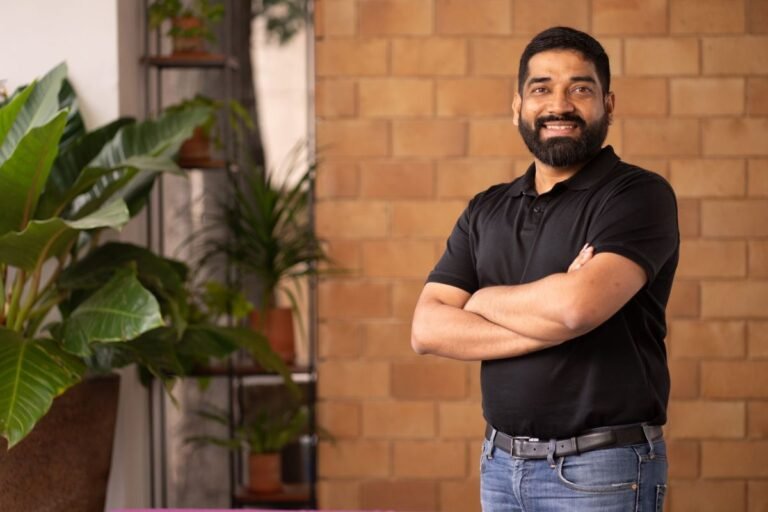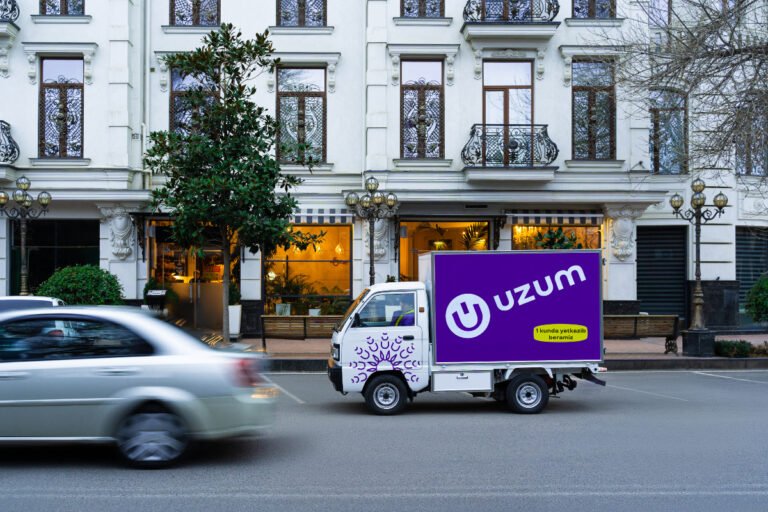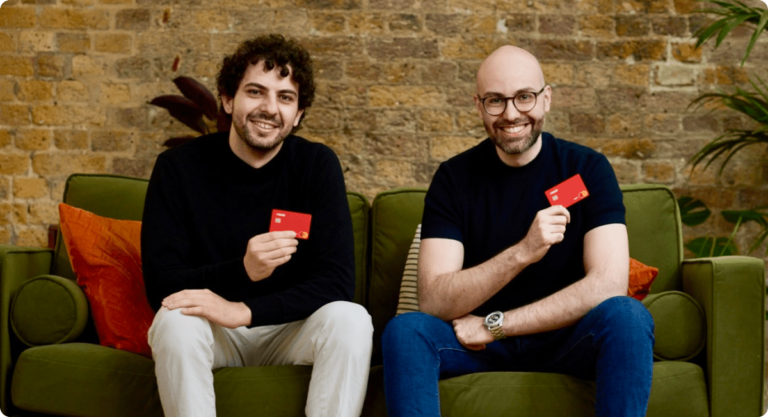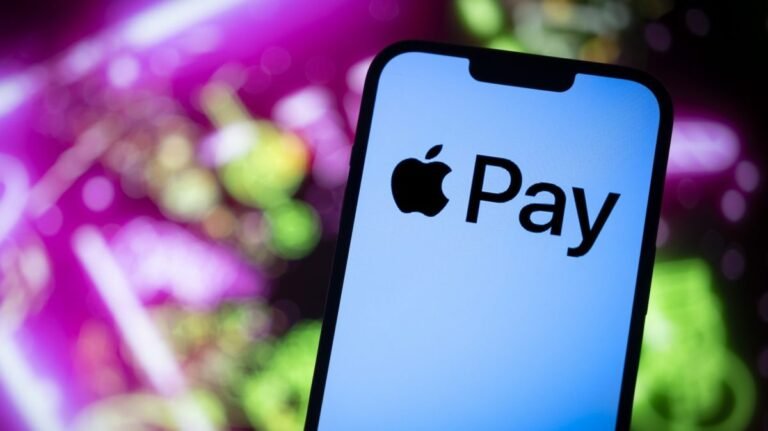
Amazon announced Thursday the launch of its new app for Amazon One, its contactless palm recognition service that allows customers to hover their palm over a device in order to purchase from select places, including over 500 Whole Foods Market stores, Amazon stores, and more than 150 third-party locations.
Instead of signing up for Amazon One at a physical retail location, users can now download the Amazon One app (available for iOS or Android devices) and take a photo of their palm right at home.
The company explains that all palm images taken via the new app are encrypted and sent to a secure Amazon One domain in the AWS cloud.
Amazon says that Amazon One has been used over 8 million times.
The app launch follows Amazon’s expansion of the technology for enterprise identity purposes, which gives companies the ability to authenticate employees when entering.

All VC firms have also grown increasingly focused on making early-stage investments in India in recent years and finding the next Flipkart at the seed stage.
Accel has been trying to find the right fit for its early-stage accelerator program for nearly half a decade now.
SkoobSkoob is a generative AI platform which is revolutionizing the way readers interact with books.
More than 800 startups applied to be in Atoms 3.0, and about 300-400 applicants were AI startups.
Swaroop said nearly two-thirds of all pitches focused on AI startups that sought to solve HR and marketing problems.

Robinhood’s new credit card was revealed Tuesday, and though it’s only available for Robinhood Gold members, the Gold Card does have a feature that’s spurring headlines: the ability to invest cash back bonuses into investments.
But what gives with tech companies getting into the consumer credit game?
You could argue that Robinhood’s choice to offer a card is just an extension of its already-expanding portfolio of financial products.
But Apple also has a card, recall.
And the tech giant is getting deeper into the realm of personal finance as time goes along.

Observe — not to be confused with Observe.AI — builds observability tools for machine-generated data that aims to break down data silos, useful for developers to understand how apps are working, being used, and potentially failing.
The main use case for Observe today is to analyze data to troubleshoot when an application is not working as it should be.
It’s very permissive.” The company today works with third-parties to enhance that work but he doesn’t rule out native applications in these and other areas down the line.
“We see it as a lever to unlock new customers,” he said of the investment thesis of Snowflake Ventures.
[In data,] there is nothing that competes with Observe right now,” Williams added.

Banking-as-a-service startup (BaaS) Synctera has conducted a restructuring that has resulted in a staff reduction, the company confirmed to TechCrunch.
While Synctera did not share how many employees were impacted, a report in Fintech Business Weekly pegs the number to be about 17 people, or about 15% of the company.
Synctera built a platform designed to bring together fintech companies and sponsor banks.
Treasury Prime slashed half its 100-person staff in February, a year after it announced a $40 million Series C raise.
Meanwhile, Piermont Bank reportedly cut ties with startup Unit, FinTech Business reported.

Uzum, an e-commerce startup offering online shopping, fintech and food deliveries to millions of customers in Uzbekistan, has raised $114 million in funding, becoming the country’s first unicorn with a valuation of $1.16 billion.
Fintech startups dominated the market with a 30% share, followed by e-commerce startups at 27%, according to estimates (PDF) by the Asian Development Bank.
“We want to expand the products, enhance the infrastructure of our e-commerce, and fund our fintech,” Djumaev said.
By the end of this year, Uzum plans to combine all its businesses into two super apps: one for its consumer-focused offerings, and another for its business-focused products.
However, he doesn’t see any competition in Uzbekistan, as Uzum has the advantage of enjoying different margins across products, and can make higher margins by combining its e-commerce and fintech services.

Welcome to TechCrunch Fintech (formerly The Interchange)!
TC reporter Tage Kene-Okafor reported on how Uber led a $100 million investment into African mobility fintech Moove as the startup’s valuation hit $750 million.
He also wrote about how Zone raised $8.5 million to scale its decentralized payment infrastructure.
Dollars and centsNon-sexy industries can appeal to investors too.
The YC-backed startup raised $4.1 million last year with the goal of serving high-earning millennials and Gen Zers.

Nsave, a fintech based in Geneva making banking in Switzerland accessible to people in countries at war or those with unstable banking sectors or facing high inflation, has raised $4 million seed funding.
Amer Baroudi and Abdallah AbuHashem co-founded nsave in 2021 from lived experiences.
“And then based on the risk scores, you might be prompted into different streams of questions or enhanced due-diligence mechanisms.
Also, in war-torn countries like Sudan, people with savings in local banks have a hard time accessing their money.
“Now nsave is live, there’s finally a trusted option to protect their users against the rampant inflation of distressed economies, providing safe, stable offshore accounts to people who need them the most.”

The one time that Europe is explicitly mentioned, however, is in relation to Apple’s grip on digital wallets, NFC and mobile payment technology within its iOS ecosystem.
For context, the EU filed charges against Apple in May 2022, concluding that Apple “abused a dominant position” around mobile wallets by preventing rival services from accessing the iPhone’s contactless NFC payment functionality.
For example, Apple allows merchants to use the iPhone’s NFC antenna to accept tap-to-pay payments from consumers.
Then there is cross-platform smartwatch compatibility, which the DOJ says Apple impedes by restricting certain features from third-party smartwatch makers.
However, NFC, digital wallets, and mobile payments are where they seem to be most neatly aligned on.

Apple Pay is no stranger to regulatory controversy.
PayPal — the payments behemoth that has substantial businesses in mobile transactions and point-of-sale technology — was apparently instrumental in the original EU complaint around Apple’s payment monopoly.
The DOJ’s argumentApple today takes a 0.15% fee on any transaction made via Apple Pay.
In the meantime, Apple has continued to develop Apple Pay, launching — for example — its own buy now, pay later offering last autumn (pictured above).
Apple Pay and Apple Wallet are both a small part of Apple’s services revenues — which were upwards of $90 billion in 2023 — or indeed overall revenues.













